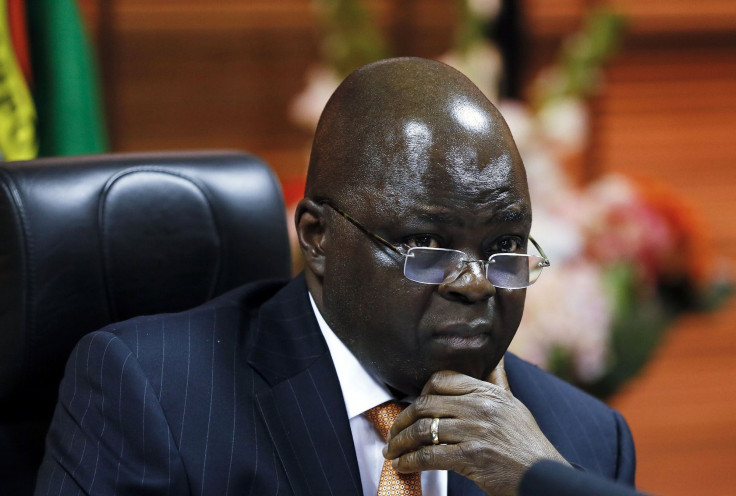Buhari Appoints Exxon-Mobil Africa Executive To Head Nigerian National Petroleum Corporation

Exxon-Mobil Africa’s executive vice chairman Emmanuel Ibe Kachikwu has been chosen to head Nigeria’s state-owned oil company. Nigerian President Muhammadu Buhari approved the high-level appointment, and Kachiku is expected to take over at Nigerian National Petroleum Corporation headquarters Tuesday, according to local newspaper the Premium Times.
Kachiku, a trained attorney from Nigeria’s oil-rich Delta state, will replace Joseph Dawha as the group managing director of the Nigerian National Petroleum Corporation. One month after taking office, Buhari sacked Dawha, who was appointed by former President Goodluck Jonathan, and disbanded the company’s entire board in June amid allegations of large-scale theft. In 2014, former central bank governor Lamido Sanusi said an estimated $20 billion in oil revenues had been withheld from Nigeria's treasury.
“He said he was going to clean up the oil industry,” Femi Adesina, a spokesman for Buhari, told Bloomberg by phone from Nigeria’s capital, Abuja. “There’s no way he could proceed with the same board in place.”
Buhari appoints Emmanuel Ibe Kachikwu as the GMD of NNPC, Danbatta to lead NCC http://t.co/N0k350ufxy pic.twitter.com/rNSDdLdTdO
— The Guardian Nigeria (@NGRGUARDIANNEWS) August 4, 2015Kachiku’s appointment is the latest step Buhari has taken to tackle corruption and increase transparency within Nigeria’s oil sector. A new report published Tuesday by an international governance watchdog found oil sale practices have worsened, and the Nigerian National Petroleum Corporation has been increasingly retaining large sums of money from the Nigerian treasury. Buhari has asked the United States to help locate and retrieve billions of dollars in stolen Nigerian state revenues.
Still, Buhari, a former petroleum minister himself, has not yet appointed a minister to oversee the Nigeria's oil and gas industry, which accounts for about 70 percent of state revenue. Despite Kachiku’s appointment, the Nigerian National Petroleum Corporation board will have little influence over the opaque sector without a petroleum minister at the helm.
“The head of the board is the minister of petroleum, and there hasn’t been one since May 29. The board has been redundant since then,” Clement Nwankwo, the executive director of the Policy and Legal Advocacy Center in Abuja, told Bloomberg in June.
© Copyright IBTimes 2024. All rights reserved.











